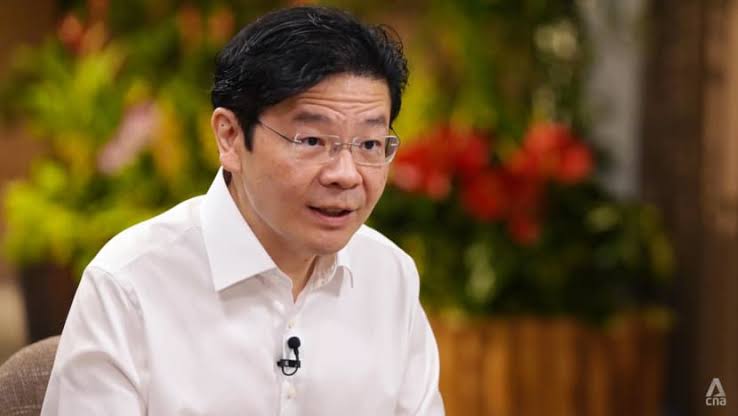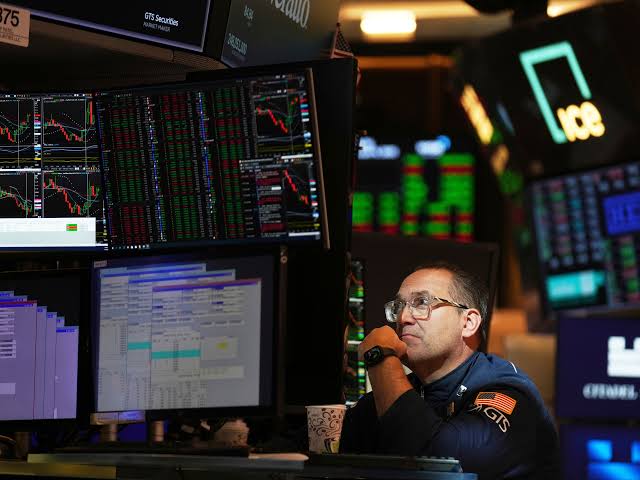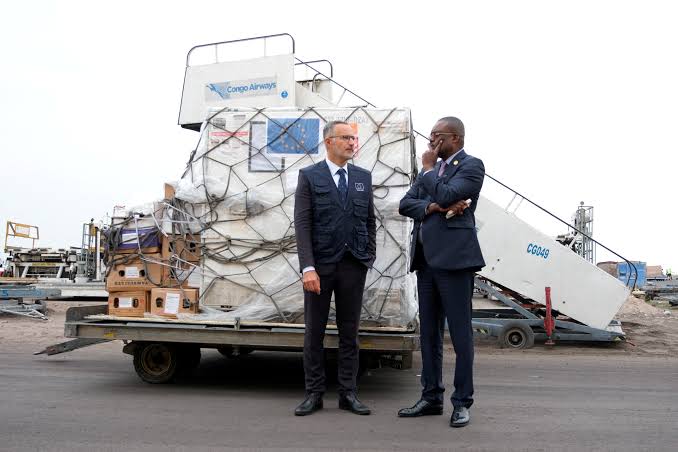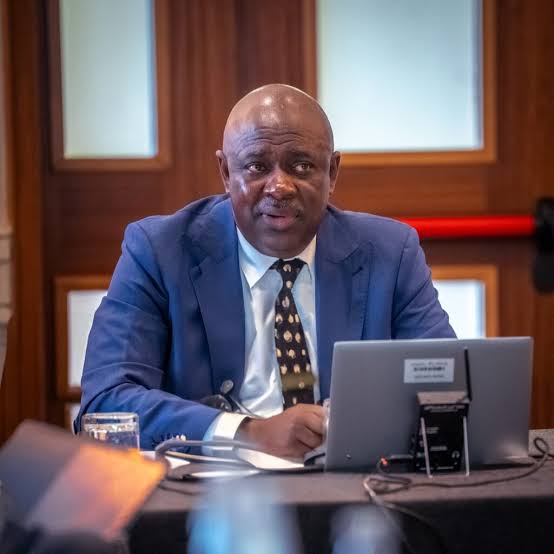With the economy preparing for an increase in international tensions and ahead of this year’s elections, Singapore provided widespread support for businesses and workers as well as help with living expenses.
The finance minister, Prime Minister Lawrence Wong, announced S$2.02 billion in “SG60” vouchers, commemorating Singapore’s 60th anniversary, with each citizen receiving at least S$600 for groceries and necessities, and S$1.06 billion ($790.2 million) in vouchers for households to offset grocery and food costs.
Chua Hak Bin, an economist at Maybank, described it as “a full-blown election budget” that included cash handouts, tax breaks, and vouchers.
The goodies “cover all segments of Singaporeans from babies to seniors,” according to OCBC economist Selena Ling.
After winning the top spot the previous year, this is Wong’s first budget as premier. It will be widely regarded as a gauge of his popularity and comes ahead of a general election that must be held by November.
Although its share of the popular vote will be closely watched following one of its worst electoral performances ever in the most recent contest in 2020, his People’s Action Party is almost certain to dominate and win the majority of seats, as it has in every election since independence in 1965.
The government intends to construct more new public housing, and babies born this year will receive a special “SG60” gift. Additionally, he announced refunds for personal income taxes.
Wong offered corporate tax breaks and promised longer-term initiatives to protect the island nation from climate change, promote Singapore stocks and the semiconductor industry, and improve worker skills.
Read more: Putin is serious about negotiating peace in Ukraine, Kremlin says
Wong invested S$1 billion in the biotech and semiconductor industries, including the construction of a fabrication plant, and S$10 billion in funds to support clean energy and flood and coastal protection projects.
DOWNSIDE RISK
The government’s projected surplus from the budget is S$6.81 billion, or 0.9% of GDP.
That provides the government with dry powder they can draw upon “in case the economy goes astray in a more uncertain world,” according to Chua of Maybank.
As the U.S. and China stepped up their struggle for global dominance and were ready to act more assertively to further their interests, Wong cautioned that global tensions would have an effect on Singapore’s economy.
Wong stated, “We can anticipate increasing containment and counter-containment efforts with repercussions that will unavoidably attract other nations, including Singapore.”
“The global economy will be reshaped by all of these forces, which will also stifle opportunities for global expansion. We will be affected because we are a small and open economy.
Wong restated the trade ministry’s prediction on Tuesday that growth in 2025 will slow to 1.0% to 3.0%, despite Singapore’s GDP increasing to 4.4% in 2024 from a revised 1.8% in 2023.
With consumption tax rising by two percentage points in 2023 and 2024, the roughly 6 million-person population is still facing rising costs even though inflation slowed to a three-year low in December.




